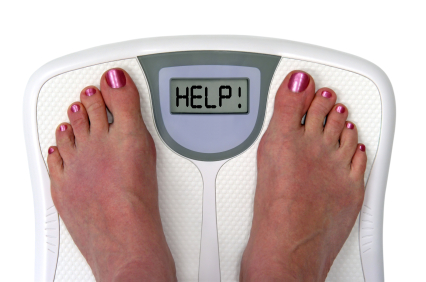Most people think fiber only aids in digestion. The truth is that fiber one of the most important aspects of your diet. The benefits of fiber go far beyond digestion and making you regular. Let’s explore some of the benefits of this super powerful nutrient.
Fiber Defined
Fiber is found in the structural parts of plants – in foods such as oats, barley, legumes, citrus fruits, whole grains, bran, and vegetables. Because our bodies cannot break down fiber, it passes through the body without providing any energy; but it still serves an important role. Fiber helps lower cholesterol, protect against heart disease, facilitate bowel movements, and prevent constipation. Fiber also stays in the stomach longer than other carbohydrates (which are typically digested in 1 to 4 hours), keeping us satiated for a longer period of time.
What’s It Good For?
Since fiber can’t be digested, it serves as “roughage”, which gets incorporated into the chewed up food that passes through bowels. As food digestion takes place, fiber dramatically slows the release of sugar into the blood stream and prevents the energy crash that is common with large meals. Fats and proteins also have this slowing effect on digestion, but they are not nearly as effective. This makes fiber an important addition for anyone with diabetes or who has trouble maintaining stable blood sugar.
Fiber also has many heart health benefits because it binds up cholesterol in the gut. Research focused on the fiber content of oats for example, shows a 5-7% reduction in LDL cholesterol (“bad” cholesterol) as well as a reduction in total cholesterol. The fibers of fruits, vegetables, beans and nuts have been theorized to have similar effects as well.
The most notable and valuable effect of fiber is its ability to keep us full for hours at a time. For those sticking to a low calorie diet, feeling full is critically important for satisfaction in meals and snacks. It’s been shown that when the average person increases the amount of fiber in the diet, they eat fewer calories due to a feeling of fullness. One review of studies concluded that for every 14g of extra fiber in the diet, calories go down approximately 10% on average and people lose around 1 pound per month. It’s not often that you get to increase the amount of something in your diet and actually lose weight.
Finally, as you may know, fiber is essential for healthy bowel habits. Not only does it help keep the bowels clean, it also serves as food for the necessary bacteria in our intestines. Experts are now finding that having good bacterial health in our bowels carries over to improved immunity and even a reduced risk of colon cancer. Fiber also helps prevent against hemorrhoids, appendicitis, and diverticulosis.
How Can I Get More?
It’s recommended that adult men get at least 38g of daily fiber and women aim for at least 25g of daily fiber. Try to slowly incorporate foods with good sources of fiber like beans, lentils, split peas, nuts, seeds and whole grains. These natural sources of high fiber have more health benefits and are better tolerated than food products with added fiber like breads, fiber bars or cereals. When adding fiber to your diet, you may notice more gas initially, but this quickly fades as your body and bowels adapt.
Things to Look Out For
Remember that too much of a good thing can be bad for you. Although there are many health benefits to a diet with an adequate fiber intake, if intake is excessive, problems can occur. Too much fiber can take the place of other nutritious foods, provide intestinal discomfort and have negative impacts on mineral absorption. The typical American diet doesn’t contain excess amounts of fiber, but if you do find yourself consuming too much, look out for the symptoms listed above.
Despite all of the benefits of fiber, adequate intake is often lacking from the average diet. It’s important that we don’t overlook this necessary element of our diets. Seeking fibrous foods naturally lead to healthier diets since foods highest in dietary fiber also tend to be the healthiest. No matter what your health goal is, it’s likely that fiber can benefit in countless ways if you consume the right amounts.
 Weight Loss – 10 Things You Should Know
Weight Loss – 10 Things You Should Know